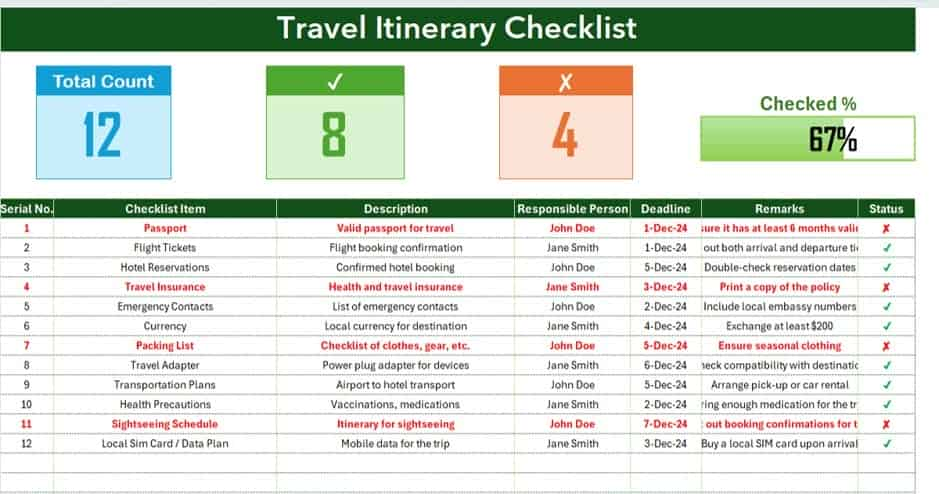What Is Post-Secondary Education?
Mia Wilson

Photo: What Is Post-Secondary Education?
What Is Post-Secondary Education? A Comprehensive Guide
In today's rapidly evolving world, education remains one of the most critical factors shaping an individual's career and future prospects. While primary and secondary education lay the groundwork for foundational knowledge and skills, post-secondary education takes learning to a higher level, offering specialized training and academic advancement. But what exactly is post-secondary education, and why is it so vital in the modern world? This article explores the concept, types, benefits, and pathways of post-secondary education to provide a clear understanding of its role in personal and professional development.
Defining Post-Secondary Education
Post-secondary education, often referred to as tertiary education, encompasses all forms of education that occur after high school or secondary school. This stage of education includes various academic, vocational, and technical programs aimed at equipping students with advanced knowledge and specialized skills.
Unlike primary and secondary education, which focus on general subjects, post-secondary education allows individuals to delve into specific fields, preparing them for careers or further academic research. It can be pursued at colleges, universities, trade schools, or other professional institutions.
Types of Post-Secondary Education
Post-secondary education offers diverse pathways tailored to meet different career goals and interests. The major types include:
1. University Programs
Universities provide academic and professional degrees at various levels, including:
- Associate Degrees: Typically two-year programs that provide foundational knowledge in a specific field. These are often offered by community colleges and can serve as a stepping stone to a bachelor’s degree.
- Bachelor's Degrees: Four-year undergraduate programs that cover comprehensive knowledge in a major discipline.
- Master’s Degrees: Graduate programs that focus on advanced studies in a particular field, often requiring two additional years beyond a bachelor's degree.
- Doctoral Degrees: The highest academic level, focusing on research and expertise in a specialized area.
2. Vocational and Technical Schools
Vocational schools, also known as trade schools, offer hands-on training for specific careers. Examples include programs in healthcare, culinary arts, construction, and automotive repair. These institutions focus on practical skills, making graduates job-ready upon completion.
3. Community Colleges
Community colleges offer a more affordable alternative to traditional universities, providing associate degrees, diplomas, and certificates. Many students choose to start their post-secondary education here before transferring to a four-year institution.
4. Professional Certification Programs
These are specialized training programs designed for individuals who want to acquire specific skills or certifications in areas like IT, project management, or finance. Professional certifications are often shorter in duration and highly targeted, making them ideal for career advancement.
Benefits of Post-Secondary Education
Pursuing post-secondary education offers numerous benefits that extend beyond just acquiring a degree. Here are some key advantages:
1. Career Advancement Opportunities
Many industries require a post-secondary credential for entry-level positions. Additionally, higher education qualifications often lead to better job prospects, promotions, and higher salaries.
2. Specialized Knowledge and Skills
Post-secondary education allows individuals to specialize in their chosen fields, gaining in-depth knowledge and expertise. This specialization makes them more competitive in the job market.
3. Personal Growth and Development
Beyond professional skills, post-secondary education fosters critical thinking, problem-solving, and communication skills. It also promotes independence, time management, and the ability to collaborate effectively with others.
4. Networking Opportunities
Educational institutions provide an environment where students can build valuable networks with peers, professors, and industry professionals. These connections often prove beneficial in securing internships, jobs, and future collaborations.
5. Increased Earning Potential
According to data from the U.S. Bureau of Labor Statistics, individuals with post-secondary qualifications generally earn higher wages than those with only a high school diploma. For example, bachelor’s degree holders earn approximately 60% more than high school graduates.
Challenges of Post-Secondary Education
While the benefits of post-secondary education are significant, there are also challenges that students may face:
1. High Costs
Tuition fees, accommodation, textbooks, and other expenses can make post-secondary education costly. However, financial aid, scholarships, and grants are available to help students manage these costs.
2. Time Commitment
Completing a degree or certification program requires a considerable time investment. Balancing studies with work or personal responsibilities can be challenging.
3. Uncertainty in Job Market
While post-secondary education increases employability, it does not guarantee immediate job placement. Graduates may face competition in saturated job markets.
Choosing the Right Post-Secondary Pathway
Selecting the right post-secondary pathway depends on various factors, including career goals, interests, financial resources, and learning preferences. Here are some tips for making an informed decision:
1. Identify Your Career Goals
Understanding your long-term career objectives can help you choose the most suitable program. For instance, if you aspire to become an engineer, a bachelor’s degree in engineering from a university would be ideal.
2. Research Institutions
Different institutions have varying strengths. Research the reputation, accreditation, and curriculum of schools offering programs in your field of interest.
3. Consider Financial Aid Options
Explore scholarships, grants, and student loan programs that can help ease the financial burden.
4. Seek Guidance
Consulting with academic advisors, career counselors, and industry professionals can provide valuable insights and help you make an informed decision.
Future Trends in Post-Secondary Education
Post-secondary education is continually evolving to meet the demands of a changing world. Some emerging trends include:
1. Online and Hybrid Learning
The COVID-19 pandemic accelerated the adoption of online and hybrid learning models. These flexible options allow students to balance education with other commitments.
2. Micro-Credentials
Micro-credentials are short, focused programs that offer specialized skills in areas like digital marketing, data analytics, and cybersecurity. These credentials are gaining popularity among professionals seeking to upskill quickly.
3. Lifelong Learning
As industries evolve, the need for continuous learning has become essential. Many institutions now offer lifelong learning programs to help professionals stay updated with the latest developments in their fields.
Conclusion
Post-secondary education plays a crucial role in shaping individuals' careers, personal growth, and contributions to society. Whether through a traditional university degree, vocational training, or professional certification, the opportunities for learning beyond high school are vast and varied. While challenges such as cost and time commitment exist, the long-term benefits of higher earning potential, specialized skills, and personal development often outweigh these obstacles.
Choosing the right post-secondary pathway requires careful consideration of one’s goals and resources. By understanding the available options and trends in post-secondary education, individuals can make informed decisions that set them on a path to success in both their personal and professional lives.
For You
View AllDiscover the ultimate luxury car brands that define sophistication, innovation, and performance. See the top picks now!
Mia Wilson
Learn how AI technology drives self-driving cars and transforms the future of mobility. Discover key advancements in AI today!
Mia Wilson
Never miss a detail with this travel itinerary checklist. Ensure your trips are smooth, organized, and unforgettable with these essential tips!
Mia Wilson
Plan an unforgettable adventure without breaking the bank. Check out these budget-friendly destinations for an affordable thrill!
Mia Wilson
Unlock effective strategies to meet your greenhouse gas reduction targets. Discover actionable tips and insights to make a real impact. Read now!
Mia Wilson
Discover the key points of the Kyoto Protocol in this concise overview. Learn its significance and impact on global climate policy. Click to understand more!
Mia Wilson
Health
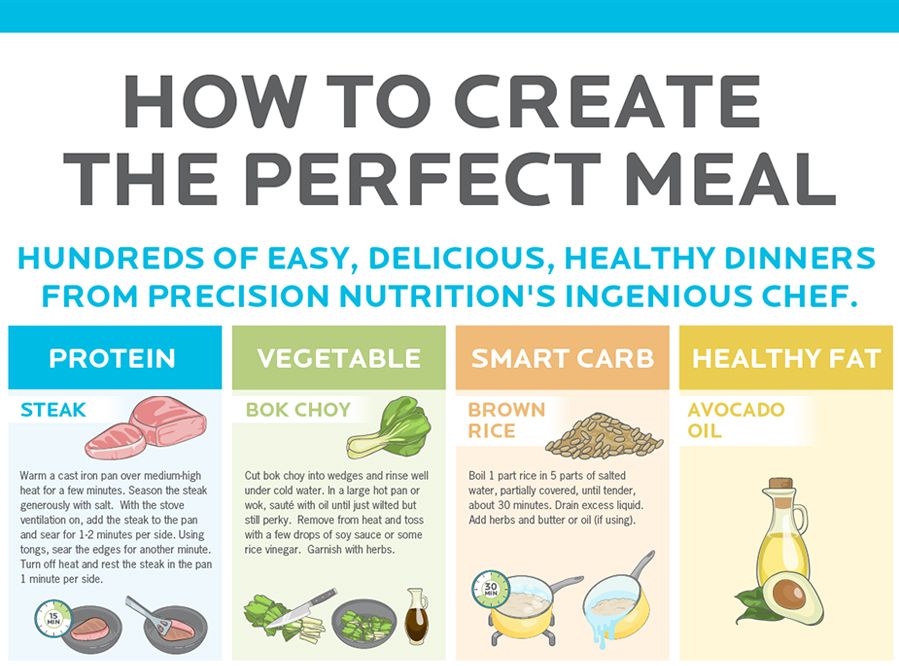



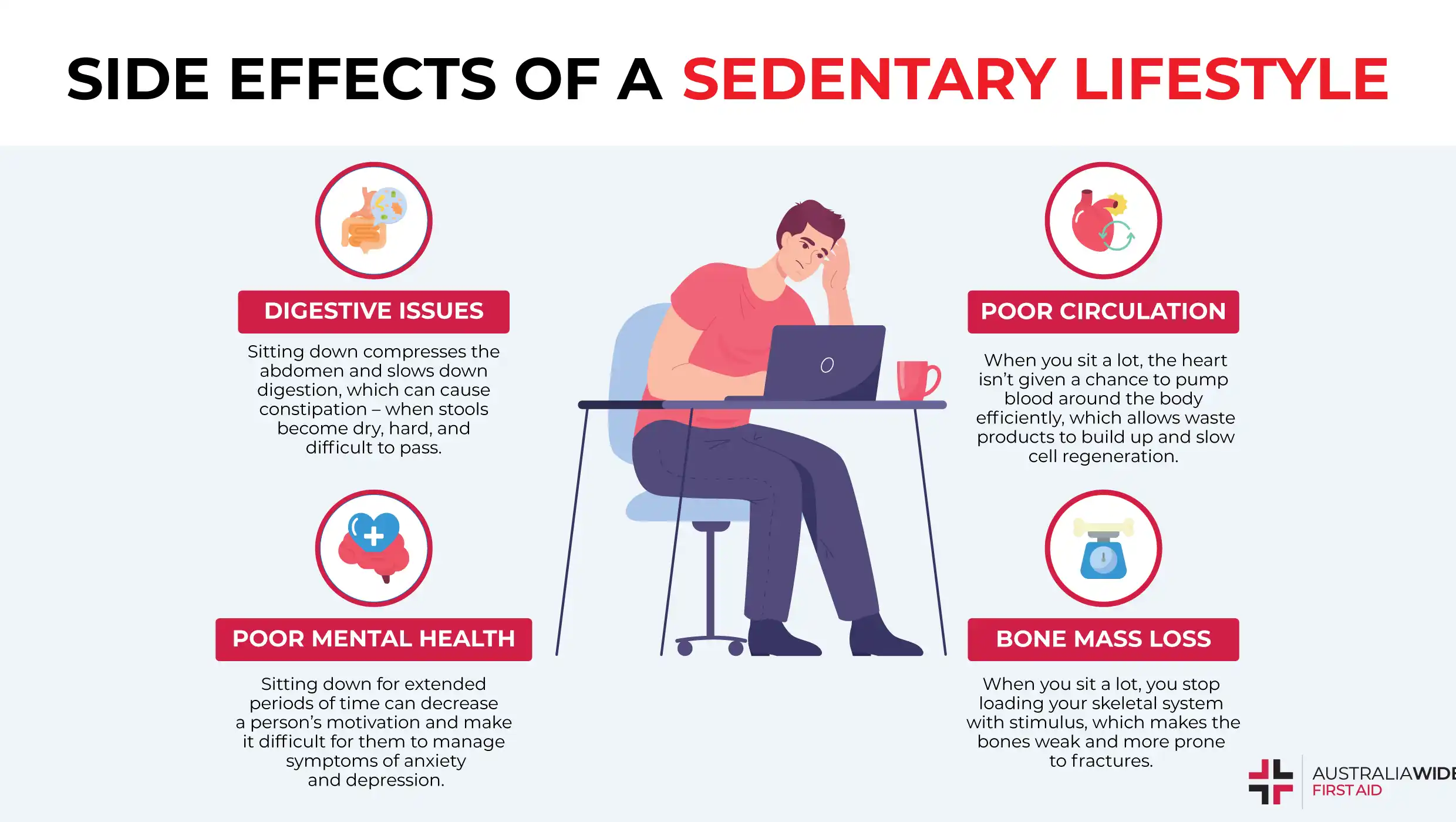
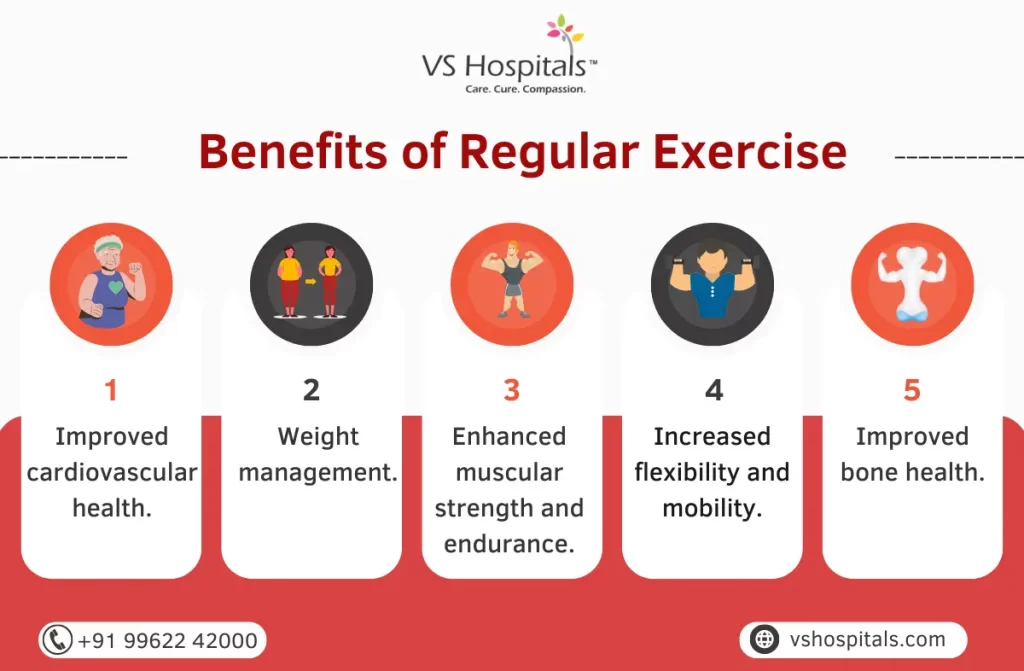




Education
View All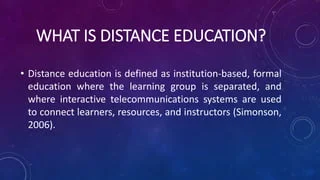
April 24, 2025
What Is Distance Education? Explained!
Discover how distance education works, its benefits, and how it’s transforming learning. Start your journey today!
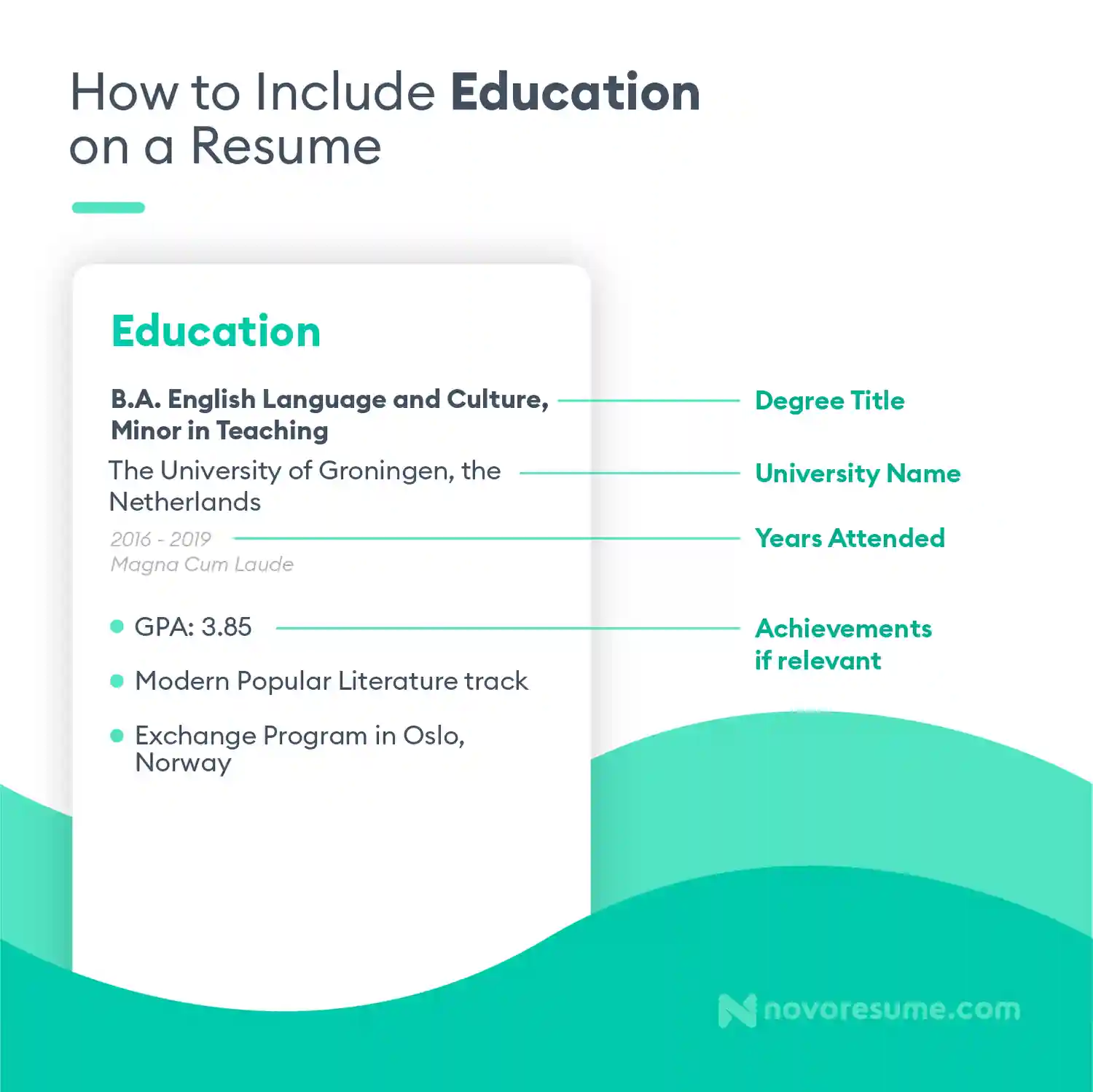
April 26, 2025
How to List Education on Your Resume
Discover the best ways to showcase your education on a resume for maximum impact. Land your dream job now!

April 17, 2025
What Is Secondary Education? Explained!
Learn about secondary education, its structure, and its role in shaping academic and career paths. Get insights today!


